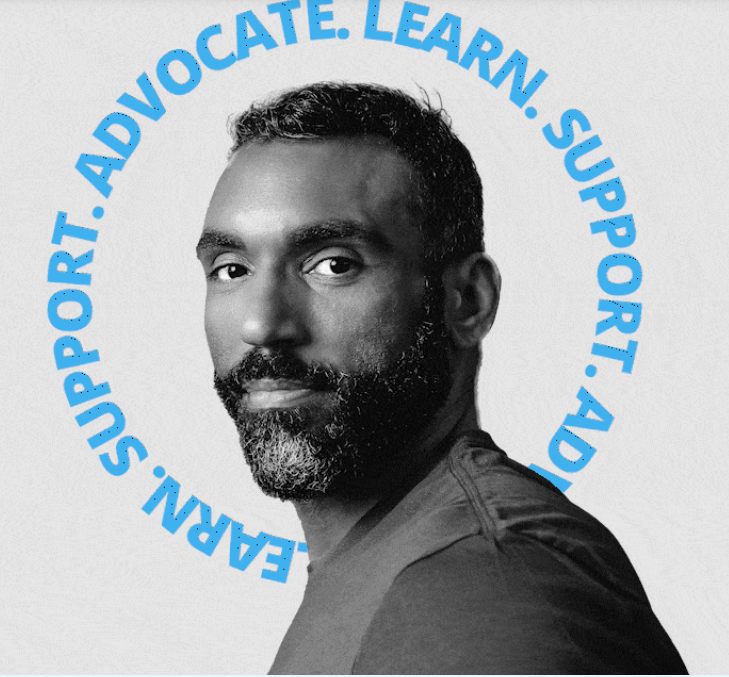
November is Diabetes Awareness Month – Let’s Make Time to Learn More
Living with diabetes can feel like a full-time job, but many people don’t understand the challenges that come with managing this complex, often invisible condition. Let’s change that.
Diabetes is a condition in which the body either cannot produce insulin or cannot properly use the insulin it produces. Insulin is a hormone produced by the pancreas.
Insulin’s role is to regulate the amount of glucose (sugar) in the blood. Blood sugar must be carefully regulated to ensure that the body functions properly. Too much blood sugar can cause damage to organs, blood vessels, and nerves. Your body also needs insulin to use sugar for energy.
Types of diabetes
There are three major types of diabetes. Type 2 diabetes is the most common diagnosis, followed by type 1 diabetes. Gestational diabetes occurs during pregnancy and is usually temporary. In addition, prediabetes is another important diagnosis that indicates an elevated risk of developing diabetes.
Type 1
Type 1 diabetes is an autoimmune disease and is also known as insulin-dependent diabetes. People with type 1 diabetes aren’t able to produce their own insulin (and can’t regulate their blood sugar) because their body is attacking the pancreas. Roughly 10 percent of people living with diabetes have type 1, insulin-dependent diabetes. It generally develops in childhood or adolescence but can also develop in adulthood. People with type 1 need to inject insulin or use an insulin pump to ensure their bodies have the right amount of insulin.
Type 2
People with type 2 diabetes can’t properly use the insulin made by their bodies, or their bodies aren’t able to produce enough insulin. Roughly 90 percent of people living with diabetes have type 2 diabetes. It is most commonly developed in adulthood, although it can also occur in childhood, it can sometimes be managed with healthy eating and regular exercise alone, but may also require medications or insulin therapy.
If you think you or someone you know may have type 2 diabetes, please speak to a doctor or health-care provider.
